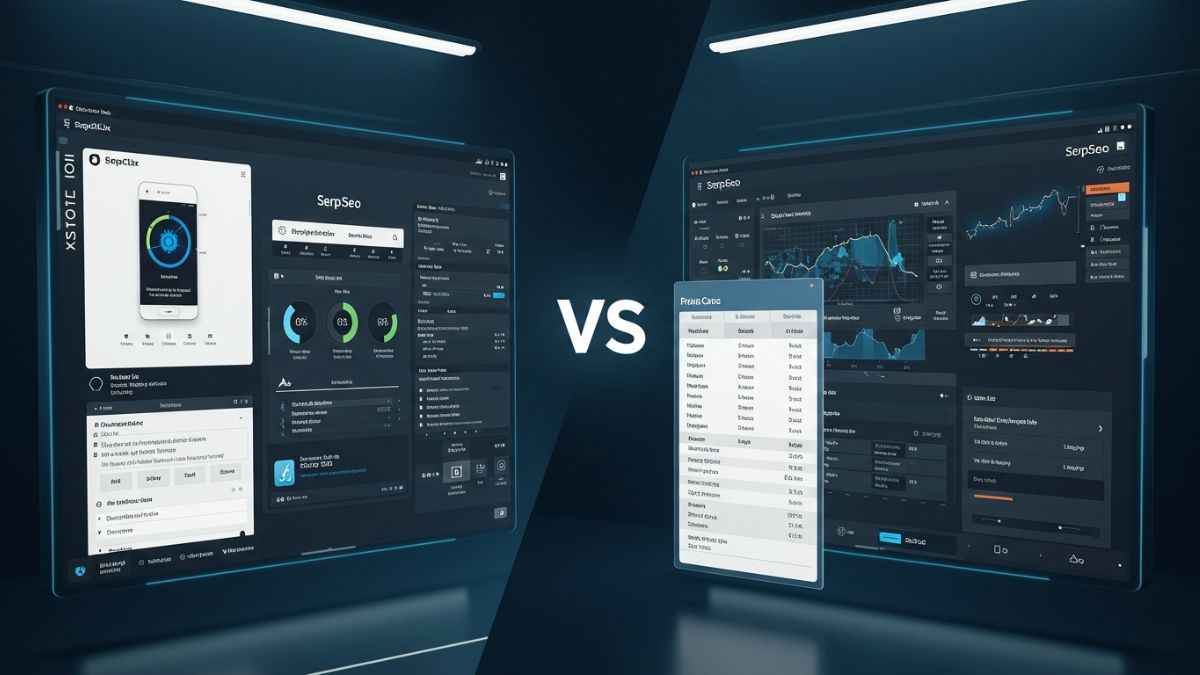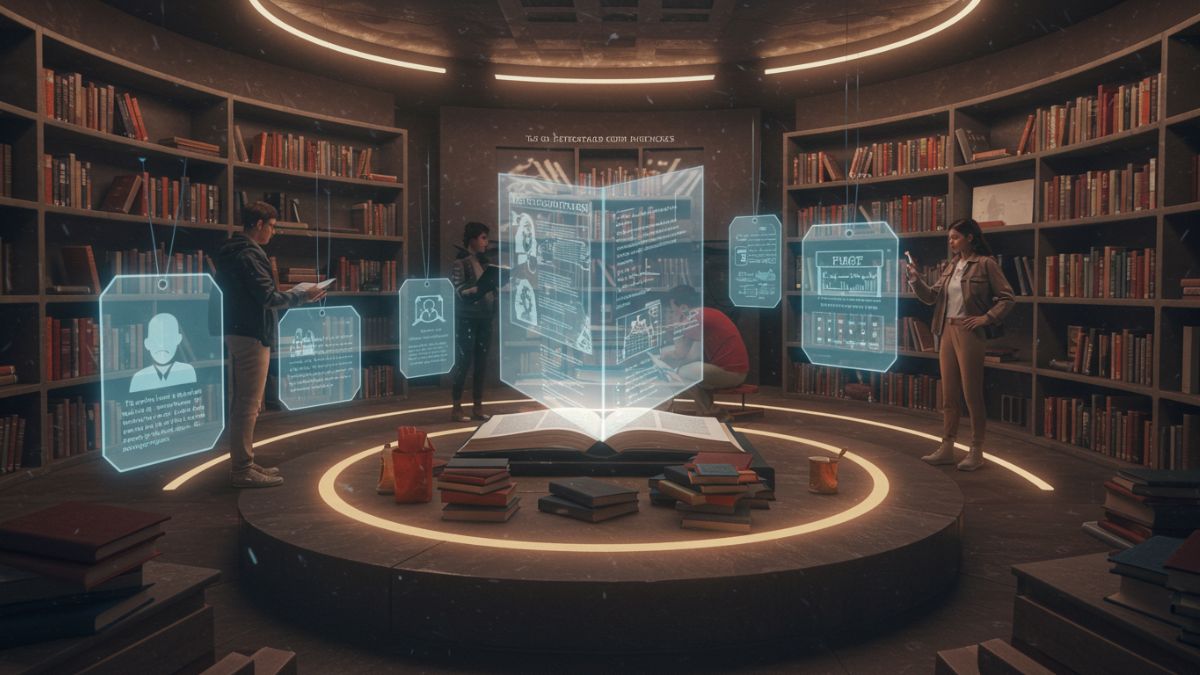Imagine walking down the street and seeing cameras everywhere. You might wonder, “Are they keeping me safe, or invading my privacy?” In our changing world, especially in law enforcement, surveillance technology is on the rise.
This brings up key questions. How do we balance security with individual rights? Surveillance ethics matter. They guide how law enforcement works with citizens.
This balance helps keep people safe and respects their freedoms. Read on to learn more.
What is Surveillance and Why Does It Matter?
Surveillance refers to monitoring people’s activities to gather information. In law enforcement, this can involve the use of various technologies, from GPS tracking to video cameras.
While surveillance can help solve crimes and keep communities safe, it raises ethical questions. People often fear being watched all the time. So, law enforcement needs to be careful with how they use surveillance tools.
The Role of Law Enforcement in Surveillance
Law enforcement agencies use surveillance to enhance security. The use of cameras, especially in public places, plays a significant role in preventing crime. Studies show that places with visible surveillance cameras usually have lower crime rates.
Yet, law enforcement must also follow ethical guidelines to respect citizens’ rights. Striking the right balance means using surveillance tools, like a wireless spy camera, in ways that don’t infringe upon individual freedoms. Ethical surveillance requires transparency, people need to know when they’re being watched.
Privacy Concerns: Finding the Balance
Privacy is a fundamental right in many societies. While law enforcement has a duty to protect the public, they must also respect individuals’ privacy. When a surveillance system is put in place, there should be clear rules about how data is collected, used, and stored.
A responsible approach involves asking important questions:
- What data is being collected?
- Who has access to this information?
- How long is the data kept?
Knowing these factors helps citizens feel safe. They see that surveillance systems protect them, not threaten their rights.
Technology’s Impact on Surveillance Ethics
With the rapid growth of technology, new surveillance tools continue to emerge. Cameras are now equipped with advanced features like facial recognition and artificial intelligence.
While these technologies can improve law enforcement capabilities, they also raise ethical concerns. Facial recognition can lead to false identifications. This may result in wrongful accusations.
As technology advances, so does the need for laws and regulations that guide ethical usage. Law enforcement agencies should team up with communities to create these rules. This way, they can protect public safety without hurting individual rights.
Community Awareness and Involvement
Communities must be involved in discussions about surveillance practices. Open dialogues between law enforcement and citizens can build trust and understanding. When communities feel they can speak up about surveillance, they tend to support law enforcement more.
Education also plays a vital role. Schools and community groups can help raise awareness about the implications of surveillance. When citizens learn how surveillance works, they can talk openly about privacy and security.
A Path Forward
Understanding surveillance ethics in law enforcement and beyond is essential for creating a safe and trusting society. As technologies evolve, so must our approach to them.
Law enforcement agencies must protect communities and respect individual rights. Balancing these needs is crucial for long-term societal health.
As citizens, it’s important to know about surveillance practices, like wireless spy cameras. This knowledge can help us push for ethical standards and responsible use. By discussing these issues openly, we can find fair solutions that benefit everyone.
For more helpful tips, check out the rest of our site today.











